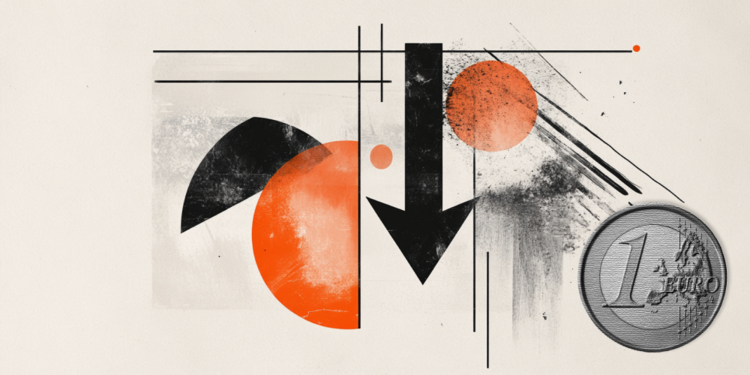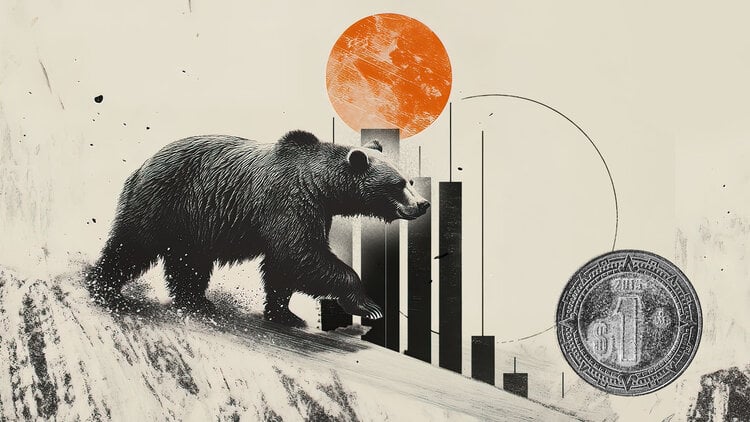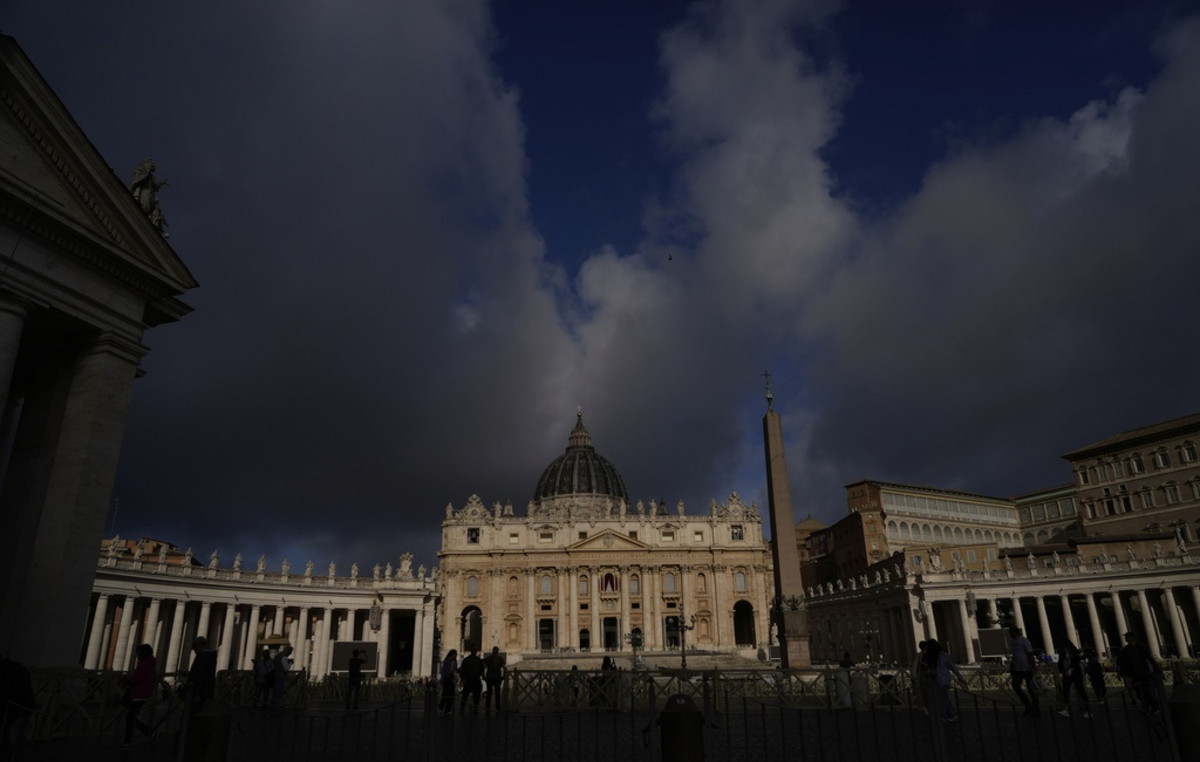Several videos posted on social media show hundreds of civilians taking part in a second day of protests against military mobilization in the Russian region of Dagestan.
Videos show fights in the main square of Dagestan’s capital Makhachkala, involving dozens of young people. They also show the police making a series of arrests.
In an apparent effort to placate the protesters, the head of the Republic, Sergey Melikov, said the mobilization must take place “strictly according to the criteria established by the president”.
In a message on his Telegram channel, Melikov said that if “those not included in the list were mobilized, including students, parents with many children with young children, guys who never held a machine gun in their hands, [isso] must be immediately corrected.”
“I know that right at the beginning of the mobilization, such errors occurred, among other things, because some citizens did not notify the military enlistments in a timely manner about the circumstances that gave them a break from the mobilization”, he continued.
“If on the ground you are confronted with a violation of your rights in the partial mobilization process, be sure to report this to the Republican Military Registry and enlistment. In each case, we will understand and make an objective decision,” he added.
Melikov also suggested that there were “false stories on social media that our enemies diligently spread through public pages created abroad” about the mobilization. He said the protests were “prepared and controlled from abroad”.
He said he was in regular contact with the Dagestan military commissar about the mobilization process.
More than 100 people were detained during Sunday’s protests in Makhachkala, according to independent human rights monitor OVD-Info.
background
The protests come after Russian President Vladimir Putin declared last Wednesday that 300,000 reservists would be called up under immediate “partial mobilization” in a bid to bolster his faltering invasion of Ukraine.
While Russian officials said it would only affect Russians with previous military experience, the decree itself gives much broader terms, sowing fear among Russians of a far-reaching project in the future — and implications for ethnic minorities.
Anti-mobilization protests have spread across the country, with more than 2,350 people arrested since the announcement, according to OVD-Info.
Source: CNN Brasil
I’m James Harper, a highly experienced and accomplished news writer for World Stock Market. I have been writing in the Politics section of the website for over five years, providing readers with up-to-date and insightful information about current events in politics. My work is widely read and respected by many industry professionals as well as laymen.






.JPG)
